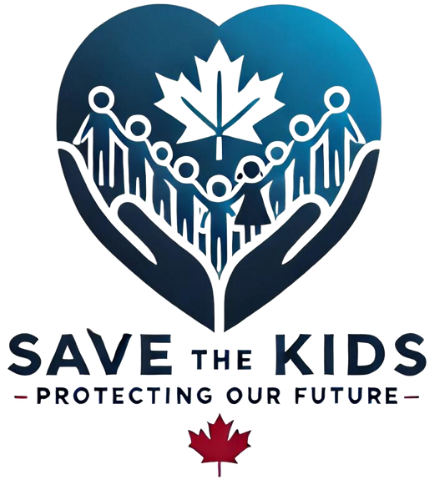lnfant Act (Section 17)
The Dangers of the Infant Act: Undermining Parental Rights and Endangering Children
The Infant Act in British Columbia grants minors the ability to consent to medical treatments without parental knowledge or approval if a healthcare provider deems the child capable of making the decision. While intended to protect vulnerable children in abusive situations, the Act has significant flaws that can lead to harmful consequences, particularly when applied without adequate safeguards.
1. Undermining Parental Rights
One of the most concerning aspects of the Infant Act is its erosion of parental rights. Parents are responsible for the well-being and upbringing of their children, yet the Act allows healthcare providers to bypass parental involvement entirely. This can create a wedge between parents and children, leading to mistrust and broken relationships. In matters as sensitive as medical treatment, excluding parents can result in uninformed decisions and a lack of holistic support for the child.
2. Exploitation by Activists
The Act opens the door for ideological activism within the healthcare system. For example, there have been cases where minors are encouraged to pursue life-altering medical interventions, such as puberty blockers, cross-sex hormones, or even surgeries, without their parents’ knowledge. Activists may exploit the vague criteria for determining a minor’s capacity to consent, pressuring children into decisions they may not fully understand or regret later.
3. Lack of Safeguards
The Infant Act does not require an independent review or second opinion when a minor is deemed capable of consenting. This means that a single healthcare provider’s judgment can lead to irreversible medical treatments. Without rigorous checks and balances, children may be subjected to interventions that carry significant physical, emotional, and psychological risks.
4. Long-Term Consequences for Children
Decisions made under the Infant Act can have lifelong implications. For example, puberty blockers and hormone therapies have known risks, including infertility, reduced bone density, and irreversible physical changes. Allowing minors to consent to such treatments without parental guidance can lead to outcomes that children are not mature enough to fully comprehend.
5. Erosion of Family Unity
By sidelining parents, the Act risks alienating families at a time when children need support the most. Instead of fostering open communication and mutual understanding, it creates a culture of secrecy between children and their parents. This undermines the family unit, which is foundational to a child’s development and overall well-being.
Conclusion
While the Infant Act may have been well-intentioned, its current implementation poses significant risks to children and families. The lack of parental involvement, insufficient safeguards, and susceptibility to ideological influences make it a dangerous tool that can harm the very children it seeks to protect.
Reforms are urgently needed to ensure that the Act cannot be used to bypass parental rights or endanger children’s health. Safeguards such as mandatory parental involvement (except in cases of proven abuse), independent reviews, and stricter criteria for determining a child’s capacity to consent should be introduced.
The welfare of children must be prioritized, and this includes recognizing the critical role of parents in guiding and protecting their children through life’s most difficult decisions.
